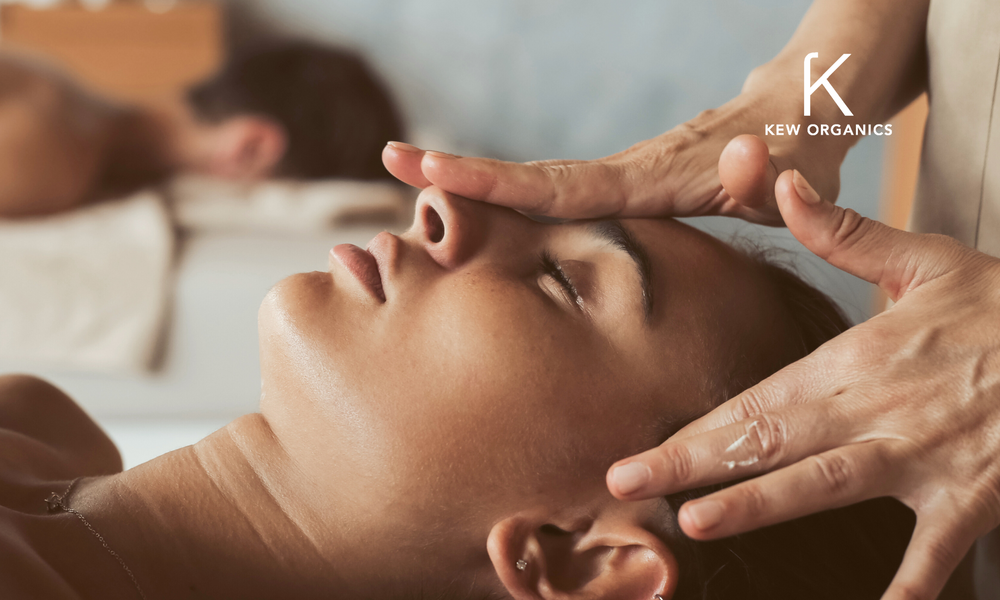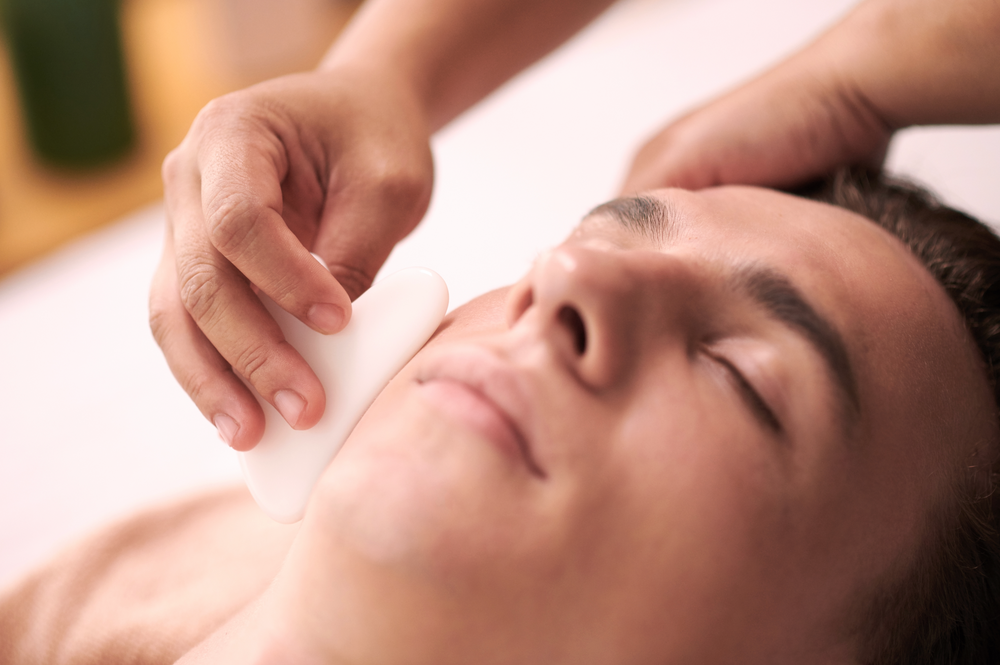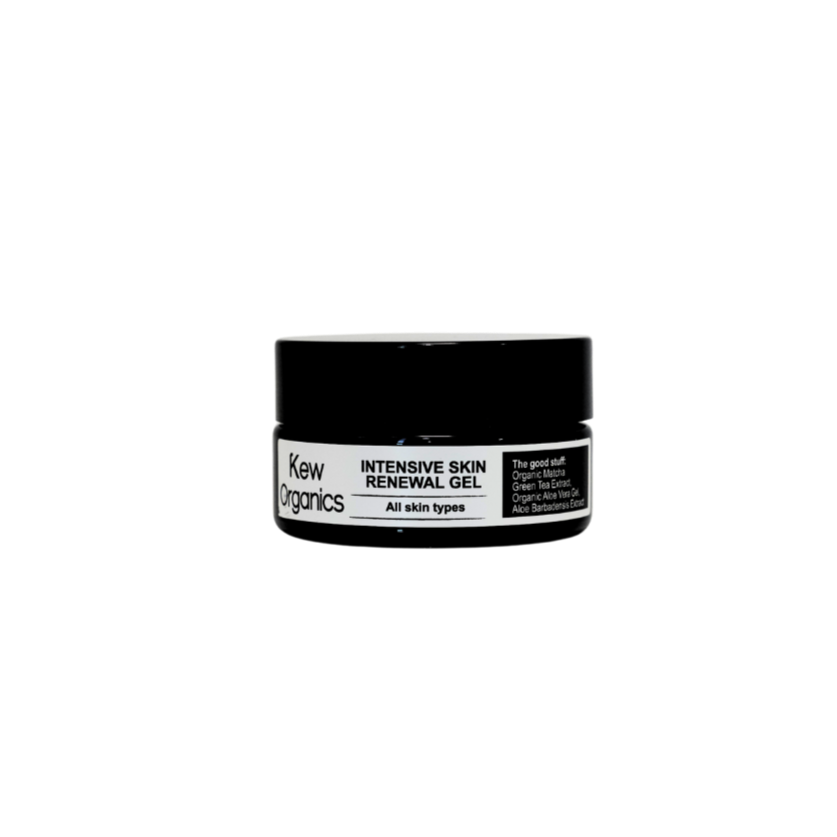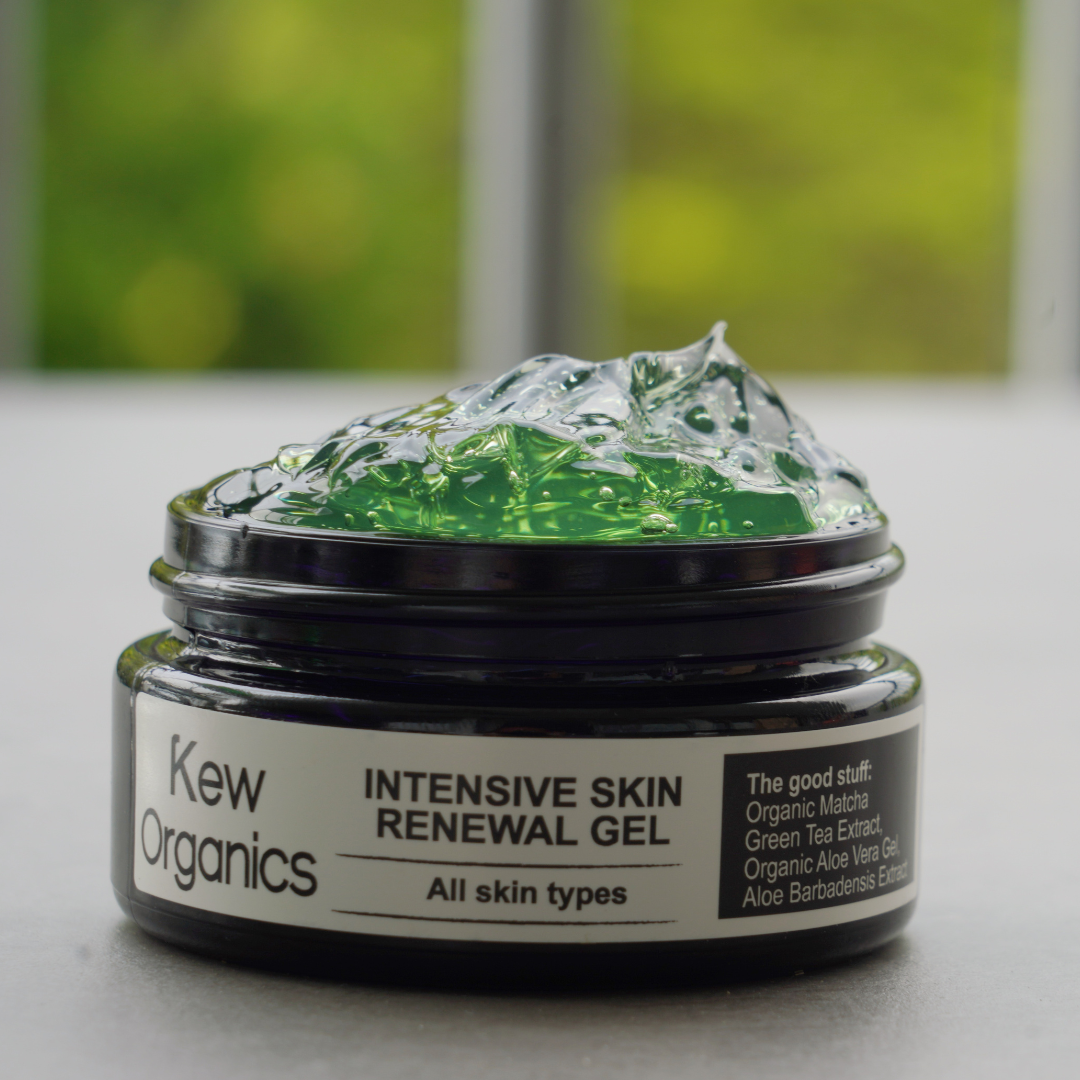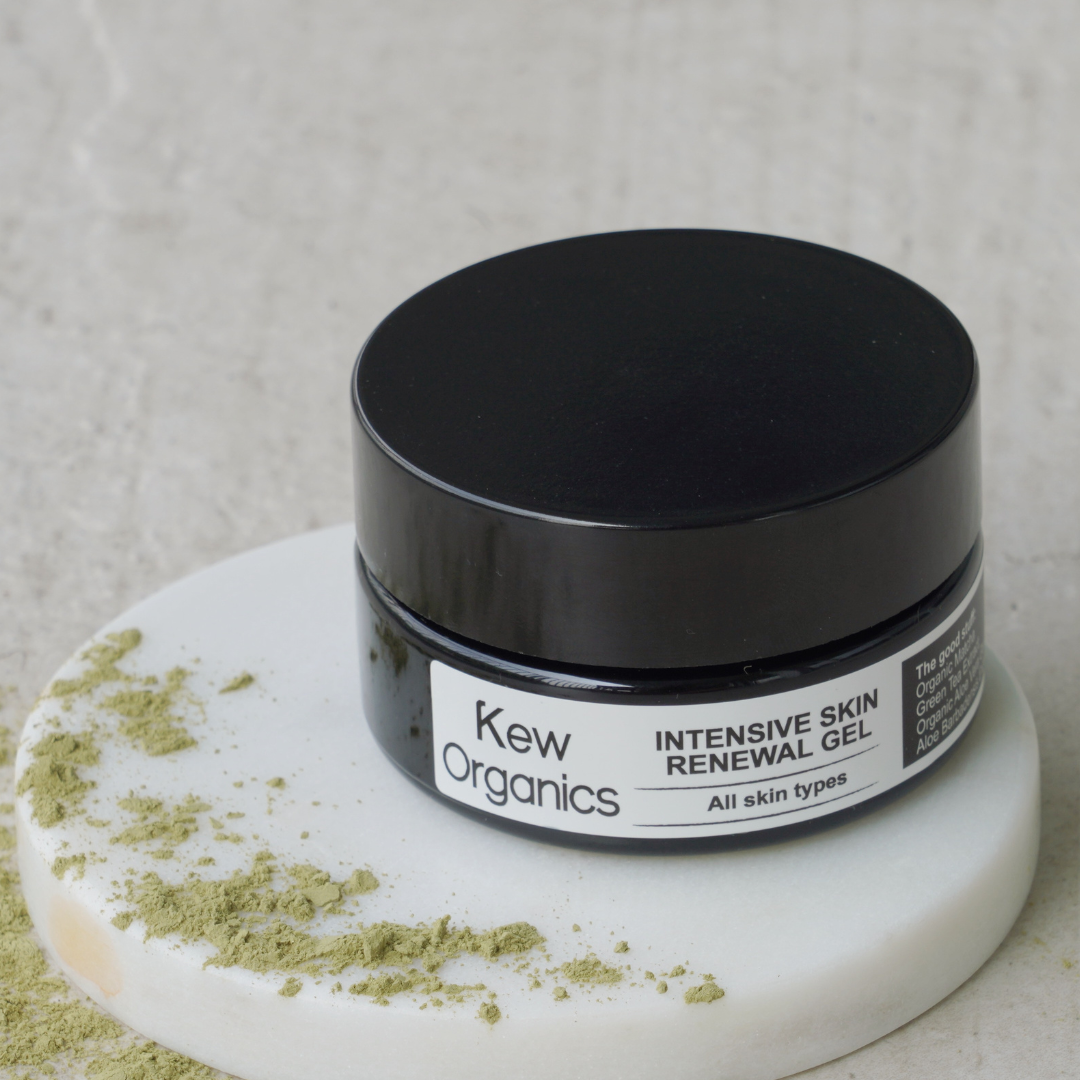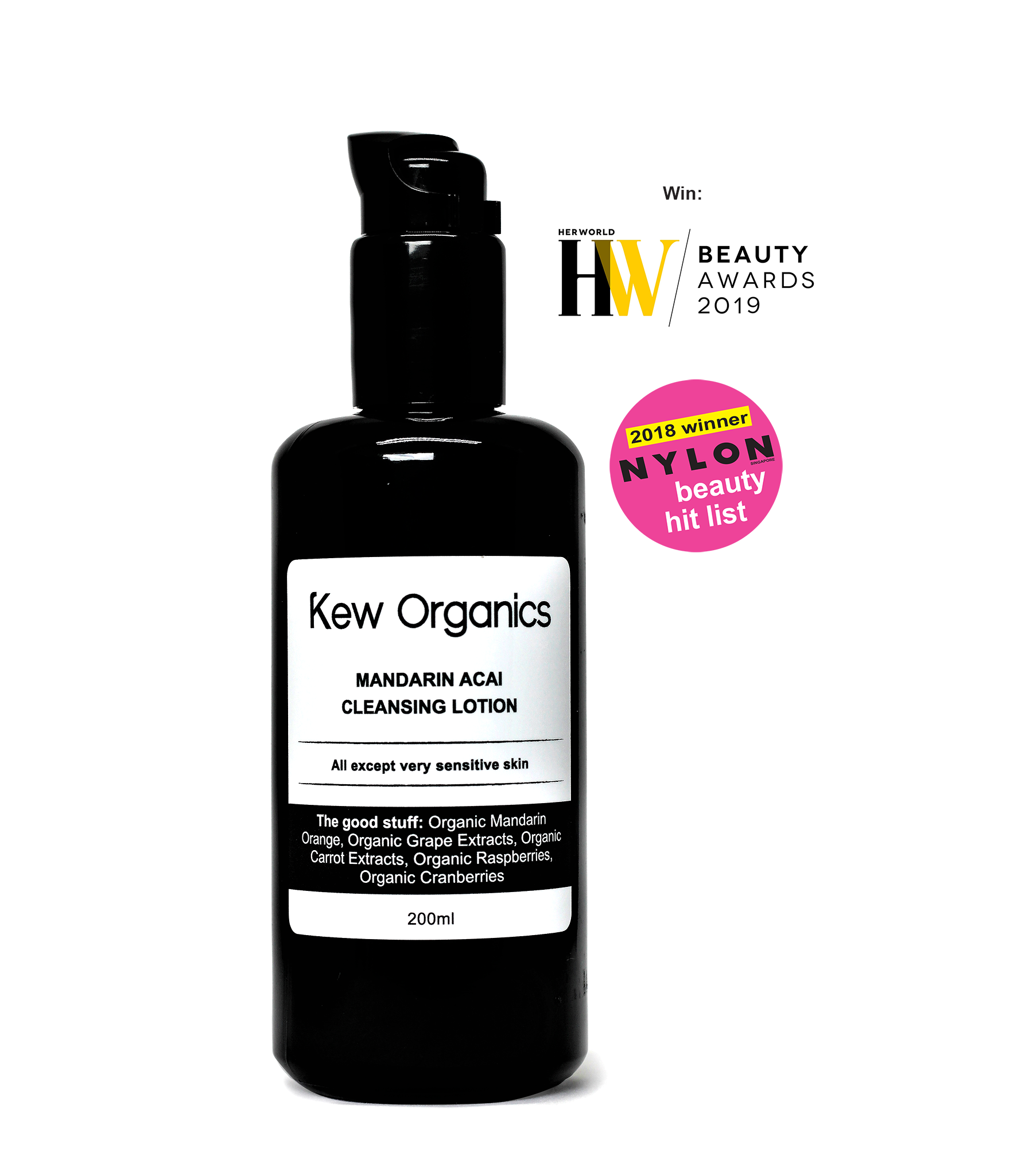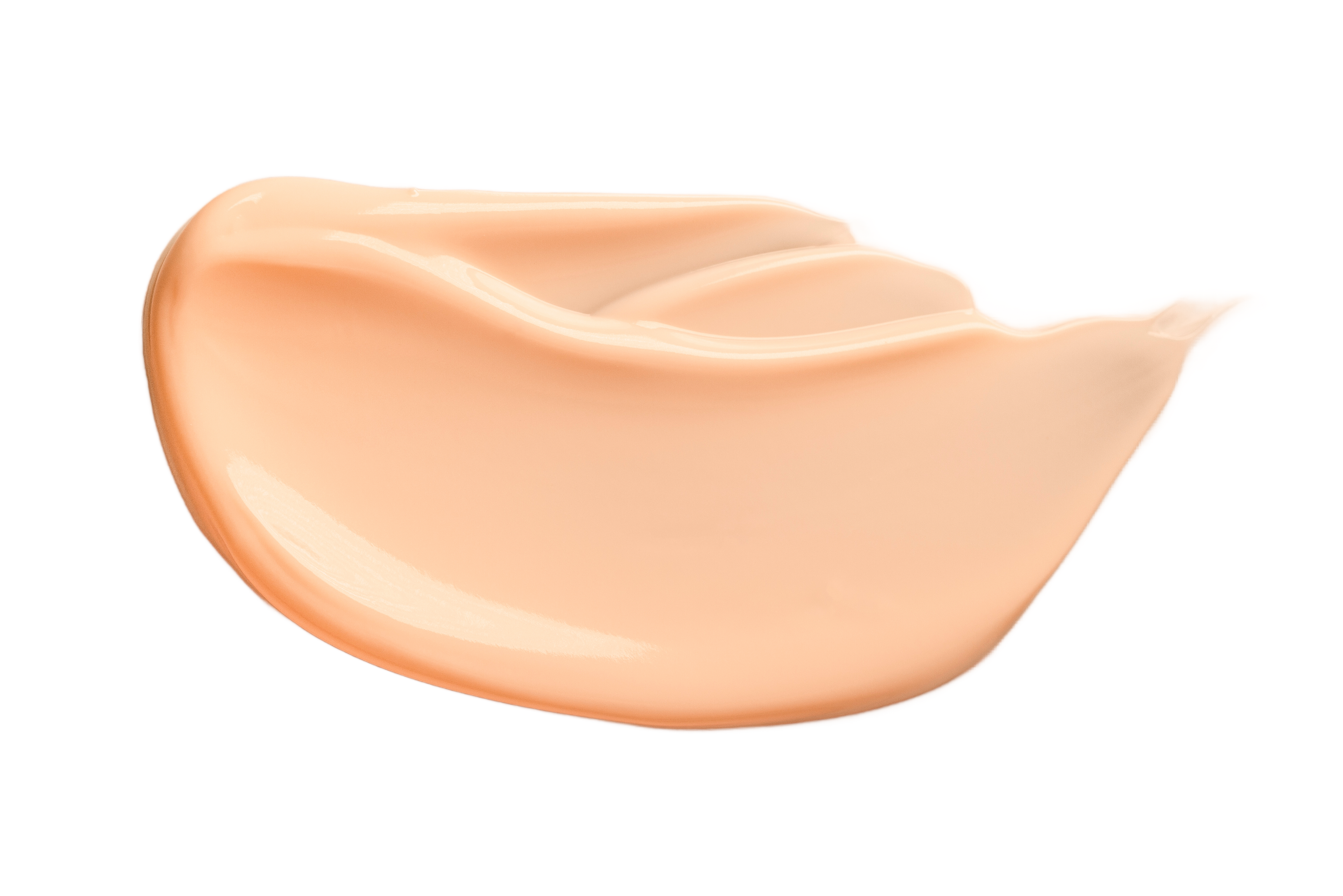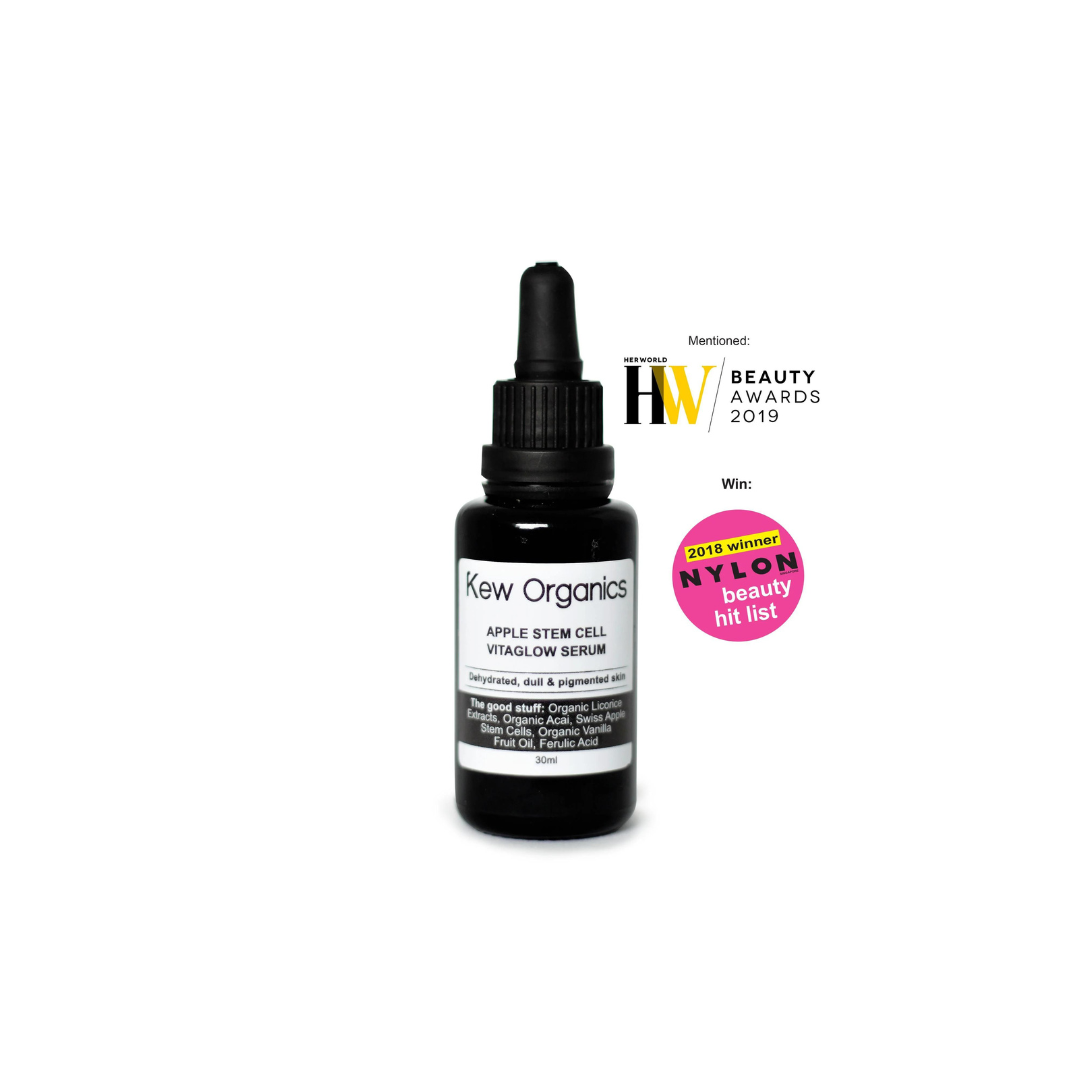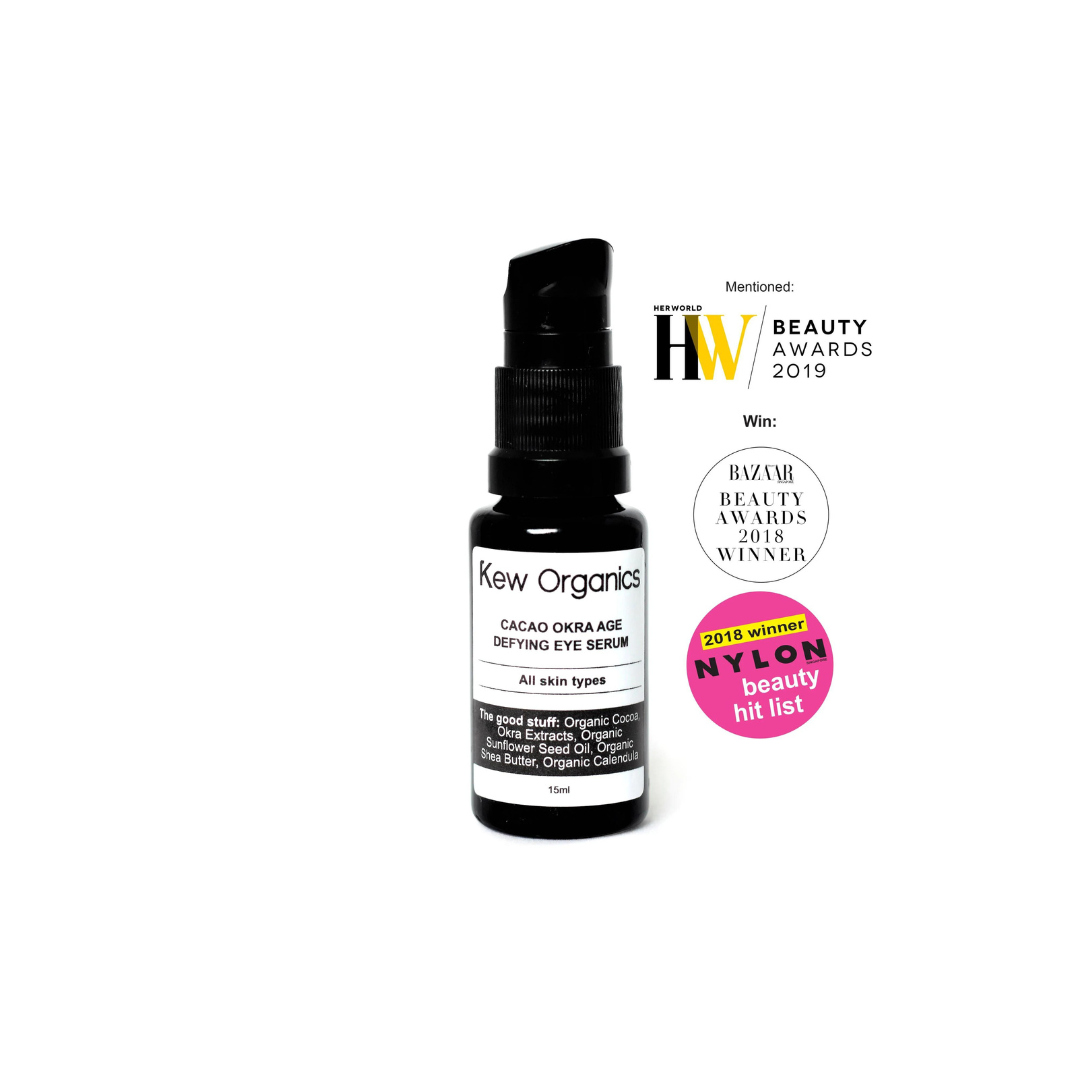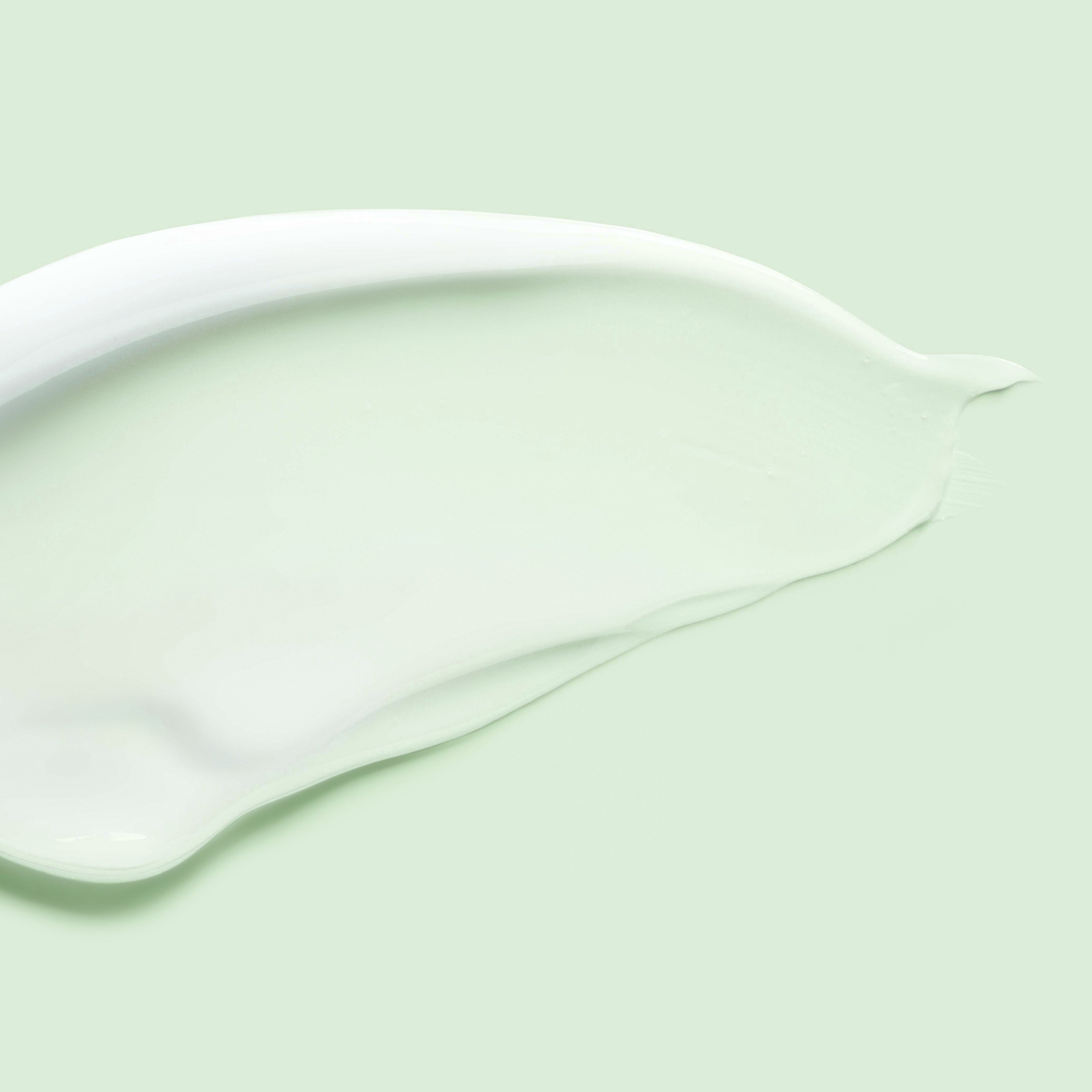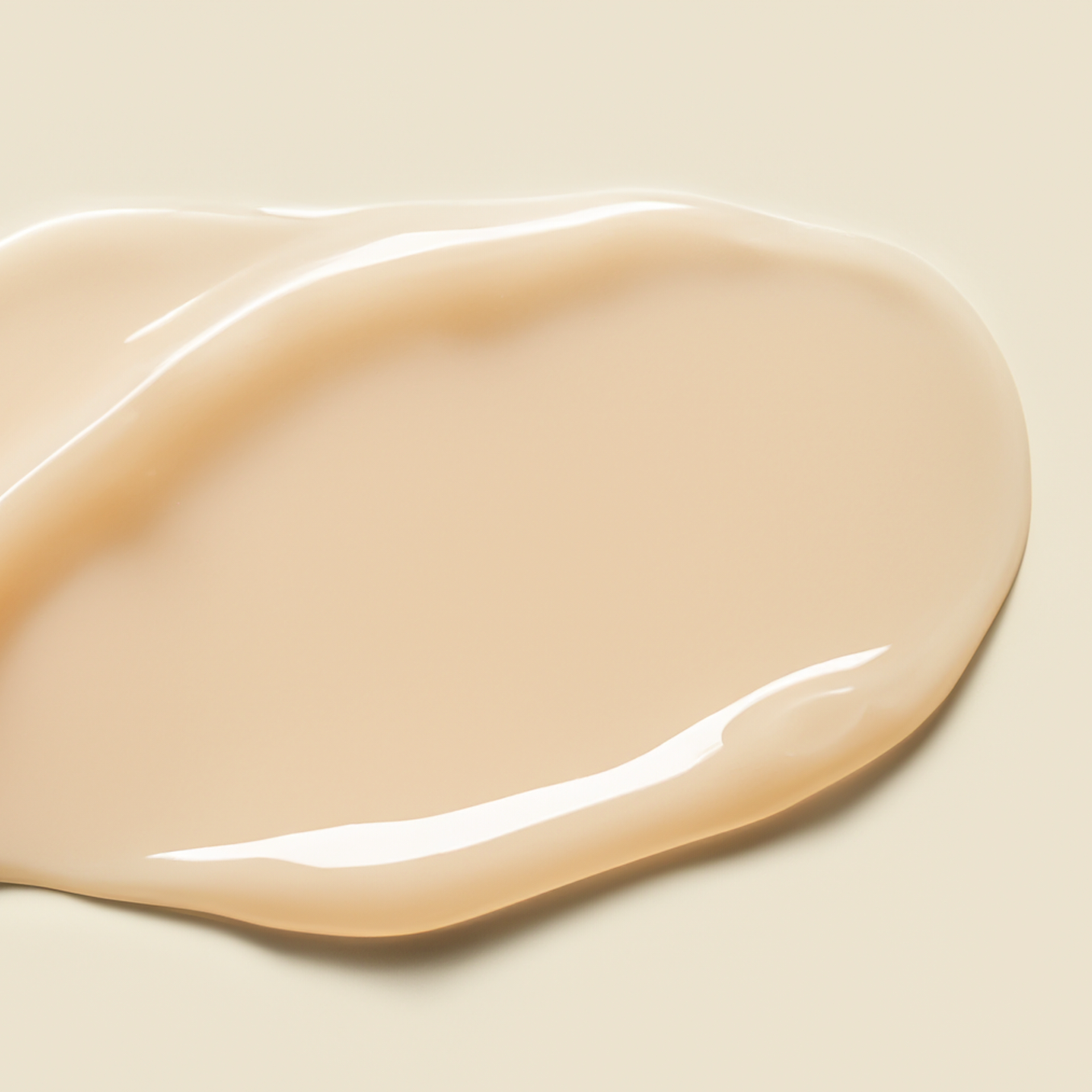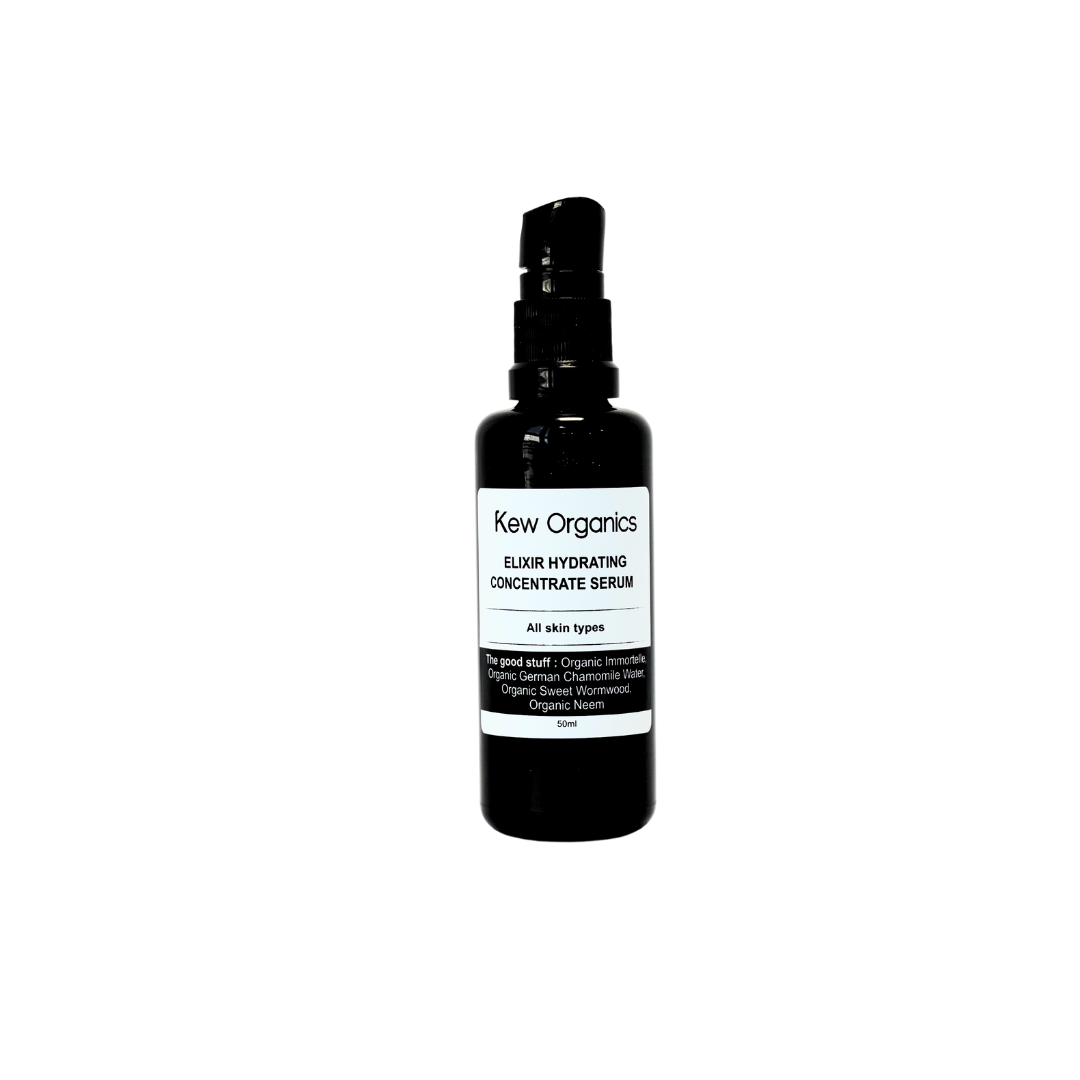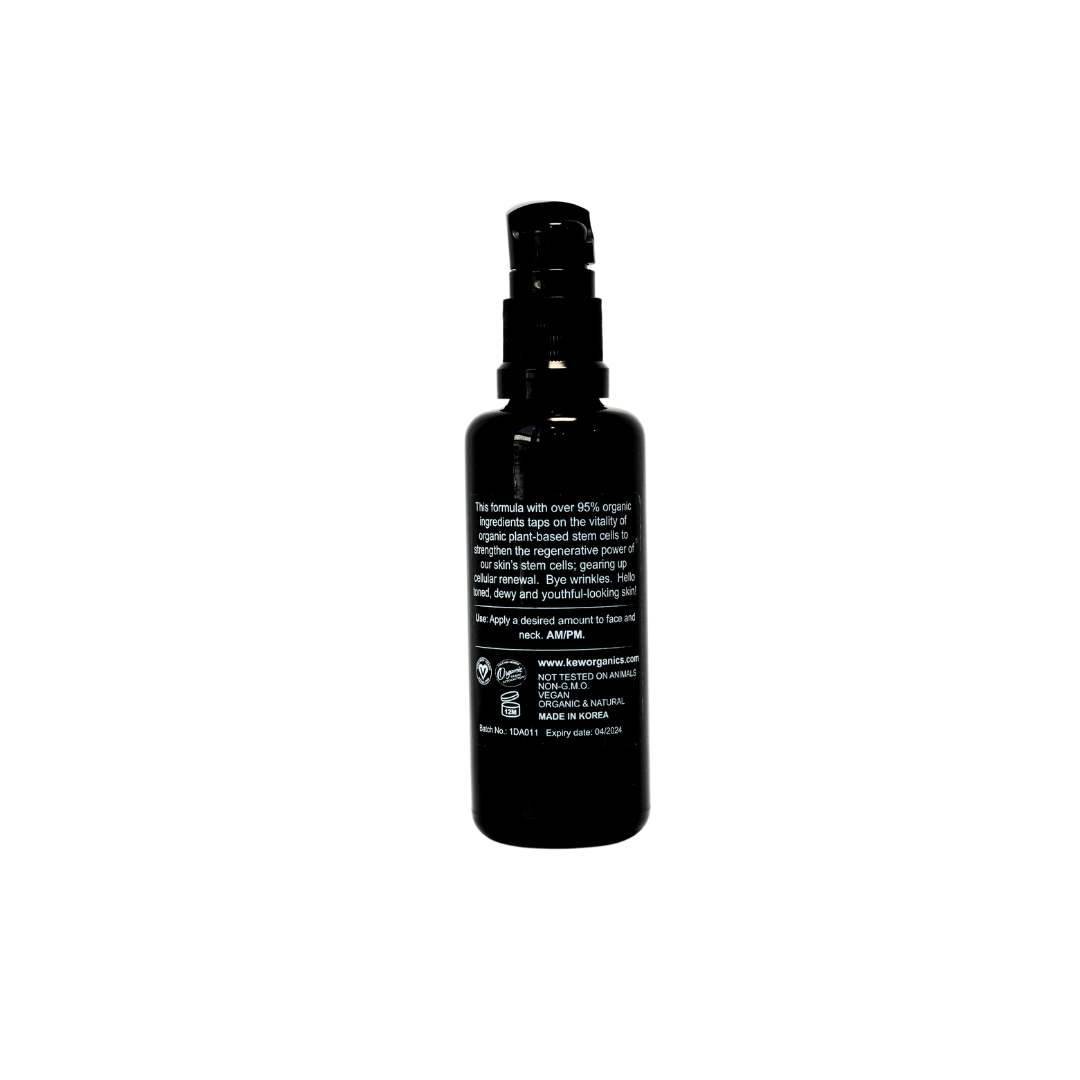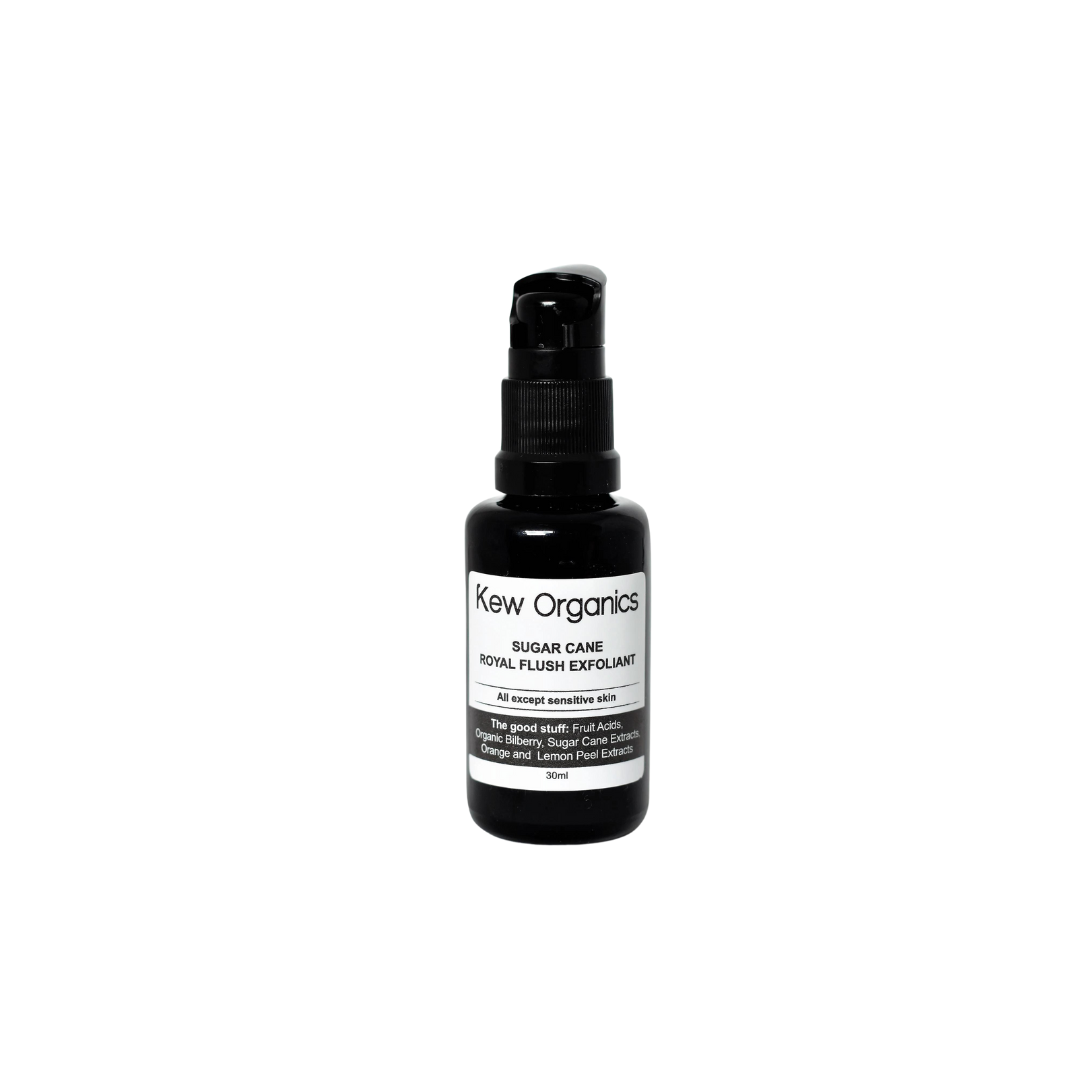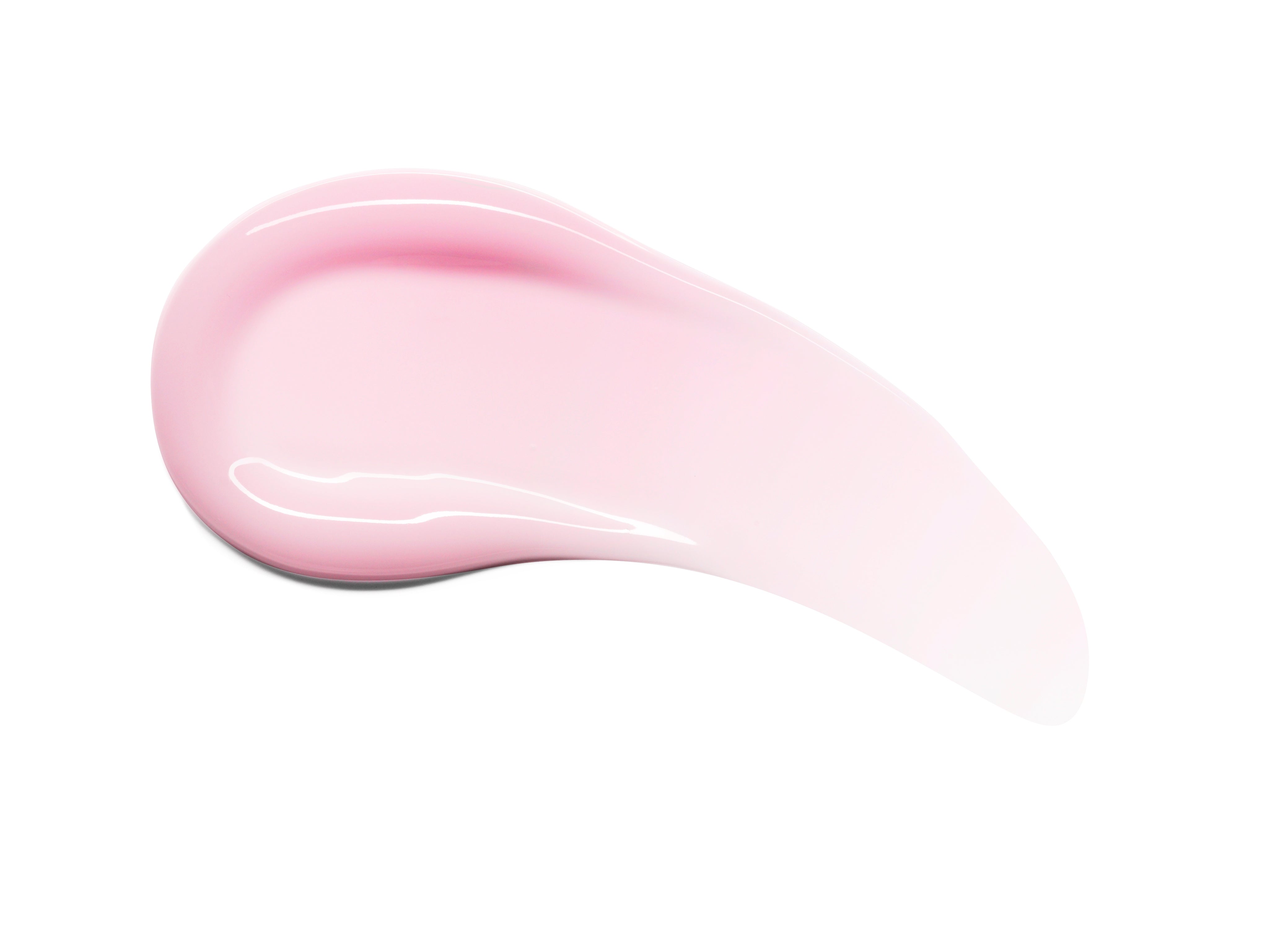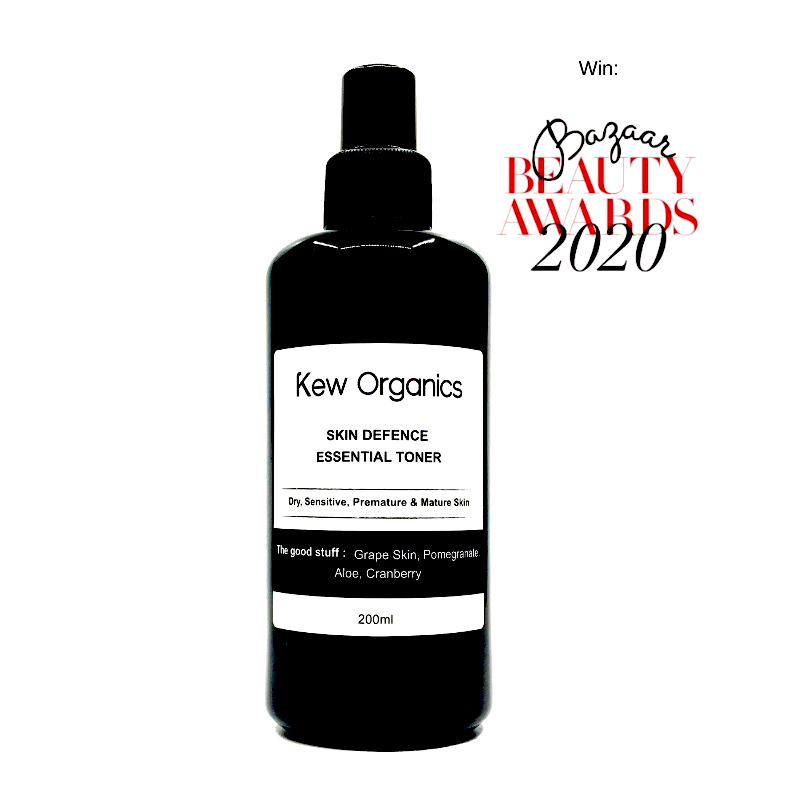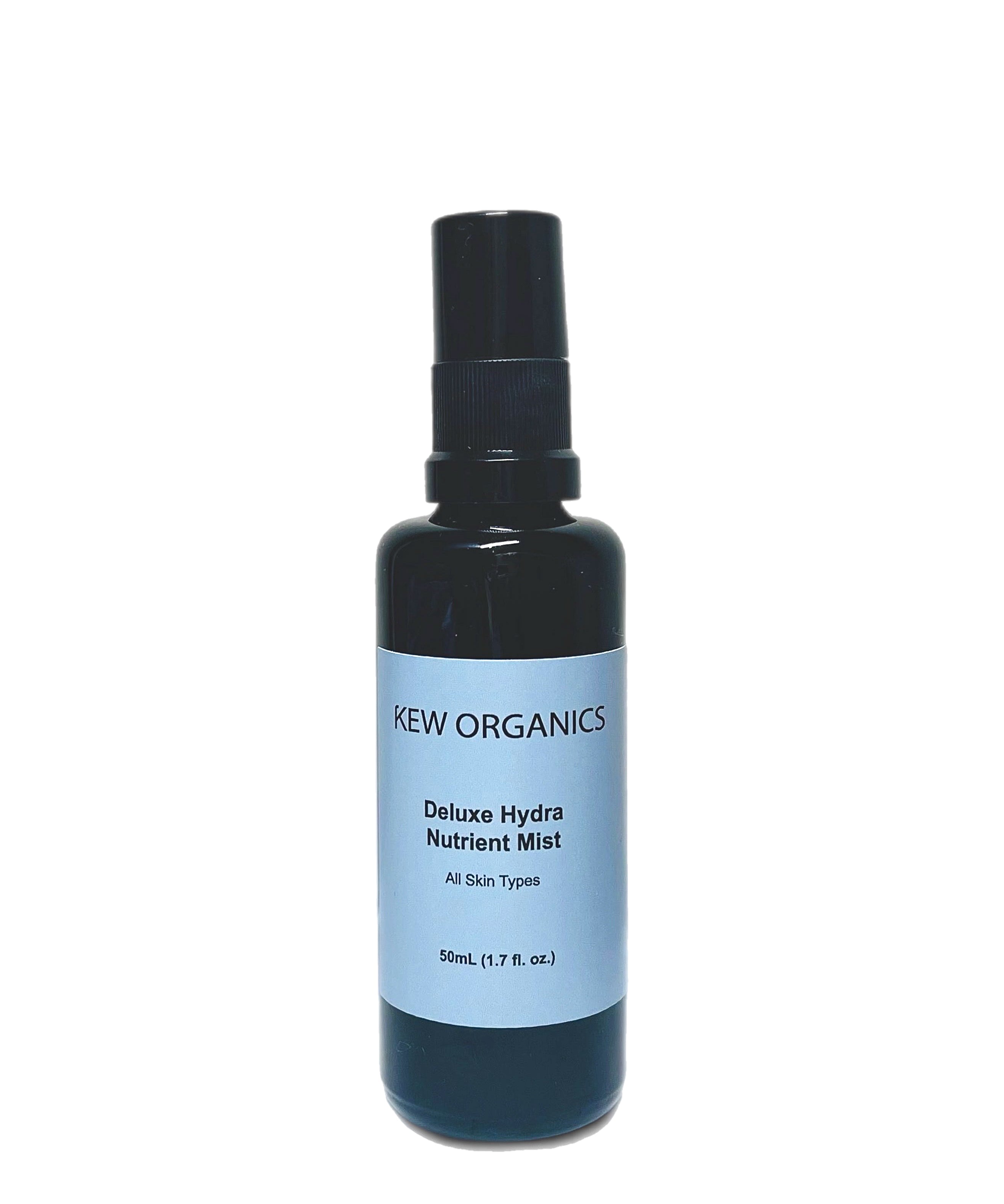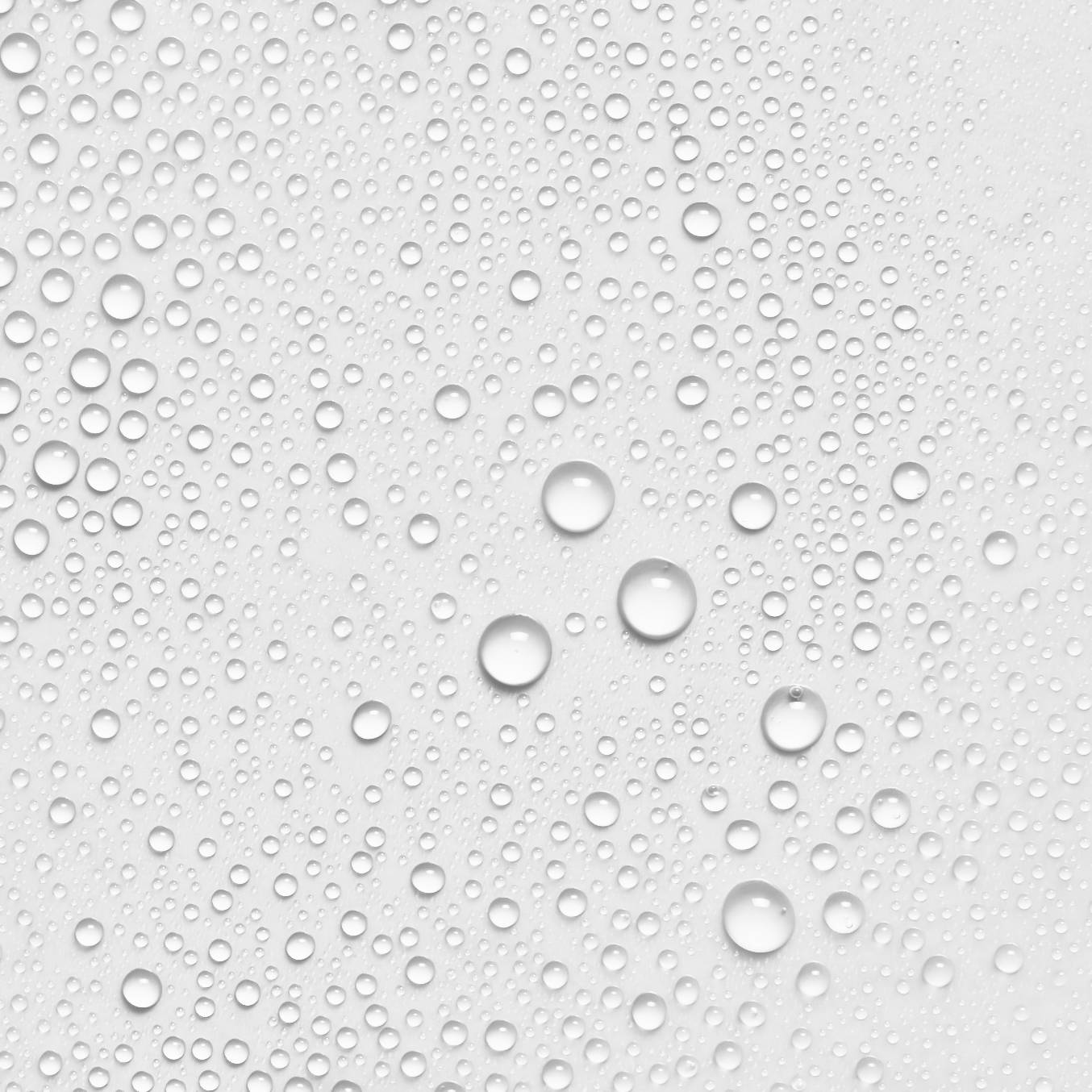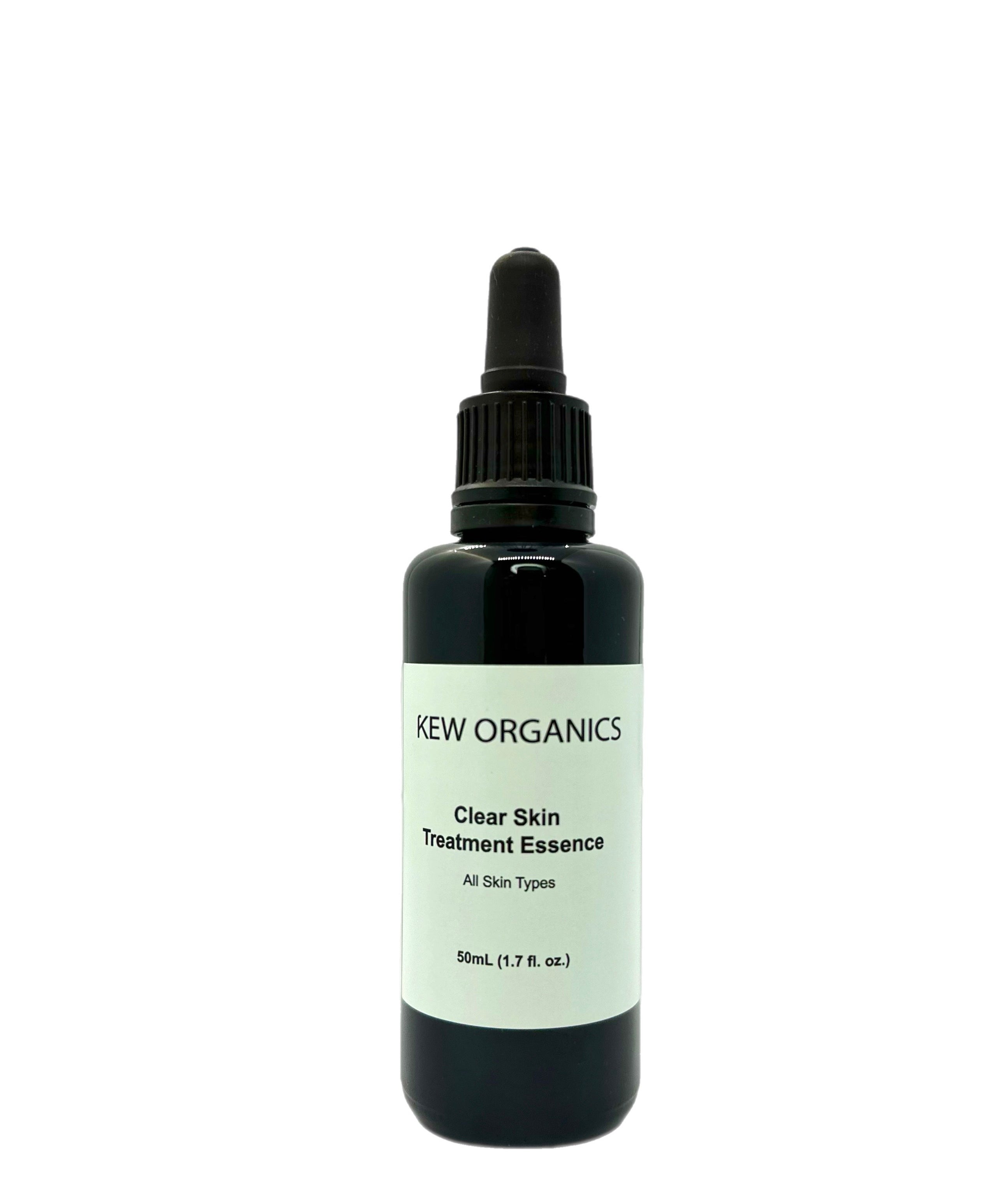The Kew Organics Way: A Holistic Approach to Skincare

Our skin health is deeply intertwined with our overall well-being, going beyond surface care. While great skincare and treatments can alleviate symptoms such as breakouts, dehydrated skin, and uneven skin tone, achieving clear, healthy and makeup-free skin that lasts requires delving into the root causes of these issues.
The connection between mental health, physical health and your skin
There is a strong connection between mental health, physical health and skin health. Our body's reaction to our mental state can visibly affect our skin, triggering flare-ups like acne, rosacea, and eczema. This creates a vicious cycle: skin conditions can be worsened by the state of our overall well-being, and our well-being can be worsened by having skin issues.
How mental health affects your skin

When we’re constantly anxious or stressed, it can cause inflammation and a spike in the stress hormone cortisol, triggering an increase in sebum production.
Here's what happens then:
1. Skin moisture levels fall:
The release of cortisol when you’re stressed can cause your skin barrier to weaken, compromising its ability to retain moisture and resulting in dryer skin, itching and flare-ups of conditions such as rosacea, eczema, or psoriasis.
2. Sebaceous glands overreact
High cortisol levels prompt the skin’s sebaceous glands to go into overdrive, producing more sebum. The additional sebum can clog your pores and cause breakouts.
3. Reduced hyaluronic acid production
Most of us know of hyaluronic acid as a substance that retains moisture and which can be commonly found in hydrating skincare serums. But did you know that our body produces hyaluronic acid too? The largest amounts of it are found in your skin, connective tissue, and eyes to retain water, keeping your tissues lubricated and moist. When there is a reduction in hyaluronic acid production in your skin, your skin’s ability to retain moisture is affected, causing lines and wrinkles to appear prematurely.
What you can do:
|
How physical health affects your skin
Whether it's insufficient sleep, an imbalanced diet, or a lack of exercise, all these factors can affect your skin health.
Sleep

During sleep, your skin experiences peak blood flow, facilitating repair and moisture restoration. Inadequate, poor-quality sleep disrupts your body's hormonal balance by hindering the release of cortisol which normally peaks shortly after waking up from a good night’s rest. A disruption of cortisol levels can disrupt the release of estrogen and progesterone which are important hormones in the production of melatonin, the sleep hormone. These imbalances in hormones can lead to skin inflammation and acne.
Tips for better sleep:
|
Diet

A diet high in processed foods and refined carbs fuels inflammation in your body. Optimal skin health requires a nutrient-rich diet abundant in vitamins, minerals, and hydration.
Eat better for healthy skin:
|
Exercise

Studies suggest that sedentary behaviours can increase the risk of anxiety, which contributes to increased inflammation and sebum production.
Tips for great skin health:
|
Our skin is a reflection of our overall well-being
Investing in your skin health means investing in your overall health. By prioritising mental well-being, sleep, diet, and exercise, you create a foundation for radiant skin. Remember, healthy skin is a journey, not a destination, and it requires a balanced approach that considers all aspects of your life.
At Kew Organics, we go beyond surface-level solutions. Rather, we tackle the root causes of your skin concerns and approach your skin health holistically to help you achieve clear, healthy and makeup-free skin that lasts. To schedule a complimentary skin analysis, WhatsApp us at 8809 0065.


